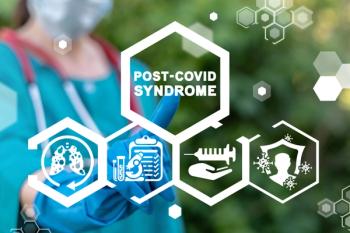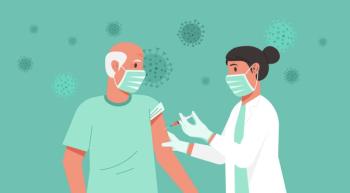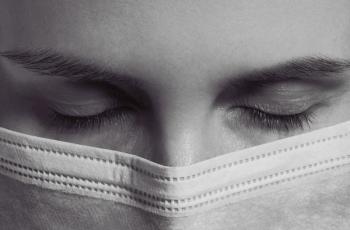
From London With Love . . .
I’m feeling the heat. Not the high temperature associated with an infection but the hot flush that is a psychosomatic symptom of anxiety.
I’m feeling the heat. Not the high temperature associated with an infection but the hot flush that is a psychosomatic symptom of
The British government has come under intense pressure not only because of the shortage of PPE but also because of reports from care providers that the quality of the equipment they are donning is poor and not fit for purpose. Personally, I’m anxious because I’m not feeling at all protected in the thin apron, flimsy face mask and gloves that I’ve been given, and I fear that I will contract the virus. However, notwithstanding my apprehension, the overriding feeling is my commitment to providing care to our patients with mental illness so I “go in” regardless of the increased risk that I’m exposing myself to. It’s important to note that never for a moment did I feel pressured by my employers to examine patients who tested positive for COVID-19. On the contrary, my managers have been incredibly supportive and understanding (they, themselves have had to take time off work because they succumbed to the virus). What compelled me was my sense of duty, not the undue influence that is so often associated with being placed under duress.
I emerged from the clinical encounter unscathed; however, it transpires that my anxieties were not unfounded. Approximately 2 weeks later after working on the new
Self-isolation compels you to engage in contemplation. I’m actually feeling extremely fortunate; my symptoms have almost completely resolved after plenty of rest, fluids, and paracetamol. I’ve convalesced and I’m very much looking forward to returning to work to provide care to patients with mental illness during the pandemic. I miss interacting with patients and the camaraderie that I experienced with my colleagues. I think about the people who have tragically died (as of April 25, 2020 over 20,000 deaths related to COVID-19 have been recorded in the UK, the fifth nation to surpass that grim figure), their loved ones, those with more severe symptoms, and the patients on ventilators who are fighting for their lives. I think about the health care professionals who made the ultimate sacrifice and died while treating patients with COVID-19.
These wonderful and inspirational human beings are our heroes and we must honor their legacies. (We will be setting up a fund to provide financial support to medical students from black and ethnic minority backgrounds because there is an overrepresentation of deaths related to COVID-19 from health care professionals in these groups.)
Coronavirus has truly brought out the best and worst from us. I am heartened by the outpouring of support I received from the public. I’m grateful for technology that has allowed me to maintain social connectedness (and therefore salvage my sanity!) with my family and friends through WhatsApp and other digital platforms. There is also an online community on Twitter that has been absolutely amazing and has helped to bolster my morale.
So, I will not despair but rather I will see COVID-19 as an opportunity to serve our society and to instill
Disclosures:
Dr Hankir is Academic Clinical Fellow in General Adult Psychiatry at South London and Maudsley NHS Foundation Trust, London, UK. Twitter:
Newsletter
Receive trusted psychiatric news, expert analysis, and clinical insights — subscribe today to support your practice and your patients.







